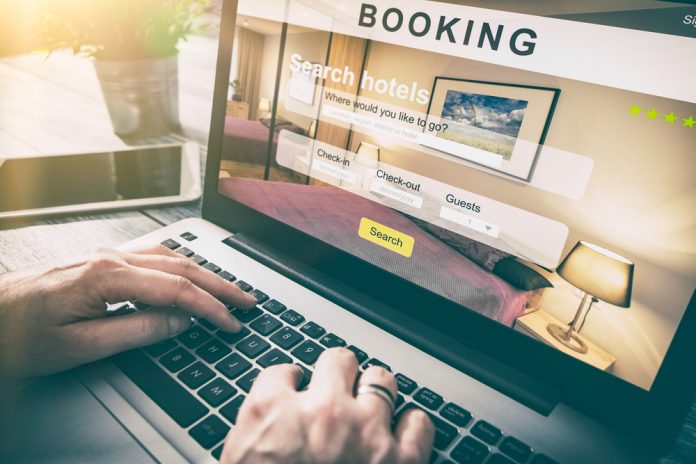Persuading guests to book directly can be a real boon for hotels. Not only does it increase revenues by cutting out the middle man (the online travel agencies), but it also has the added benefit of allowing hotel owners and marketers to build a better relationship with those travellers.
In the future, this can increase the likelihood of them booking add-ons in the run-up to their stay and perhaps even reserving another room the next time they need one. This is always better than having to chase new business because it involves less work. However, some hotels may unwittingly be putting people off making those all-important direct bookings by having friction points – anything that has a negative impact on a person’s browsing experience.So, what might these friction points be – and, more importantly, how might they be rectified or avoided?
1. Lack of engagement with guests If your hotel’s website is very functional but doesn’t seem to generate much chatter and interaction, it may be that you seem distant and disengaged to your visitors. Building a relationship is really important in today’s marketing world, so it’s vital to take the time to get to know your potential guests and to create a rapport with them.You can do this by researching the type of people who are staying with you and even just visiting your site and then adapting your marketing messages to specifically reach them. Always provide links to your social media pages on your hotel website too, as it should encourage people to follow you.It’s also a good idea to carefully consider content so it always either entertains or informs travellers, for example, by providing details of local festivals they might want to attend or methods of getting from the airport to their resort.
2. Complicated booking Once people have decided to make a booking with you, they’ll want it to be as simple as possible. If there are reams of forms to fill in and details to submit that don’t seem necessary, it may put them off and even prompt them to abandon the reservation completely.Remove this pain point by implementing a good booking engine and streamlining everything so the guest only needs to provide the bare minimum of information. Also, take a look at the payment process, as this could also benefit from an overhaul too.
3. Poor technology If your website takes forever to load or images won’t display, it doesn’t create a feeling of confidence in your guests. Indeed, they are likely to just leave you – a recent survey by Dynatrace found nearly half of people won’t even wait three seconds for the page they want to appear.When carrying out website design for hotels, emphasis should be placed on making the pages look as great as possible while also retaining maximum functionality. Remember that connections to third party sites like Facebook and chat can slow connections down, so it may be necessary to fin ways around this.
4. No automation Not having automated systems can really prove a sticking point for would-be guests and hotel staff alike. Guests will be annoyed that their booking hasn’t been confirmed straight away and staff will be overwhelmed at having to respond to reservations individually, which increases paperwork.Get around this by introducing fully automated booking systems and methods of monitoring cross-channel communications so you never miss messages from people wanting to talk to you. As you can see, it’s easy to unwittingly create friction for would-be hotel guests. However, with a little work, it’s also simple to overcome them.







